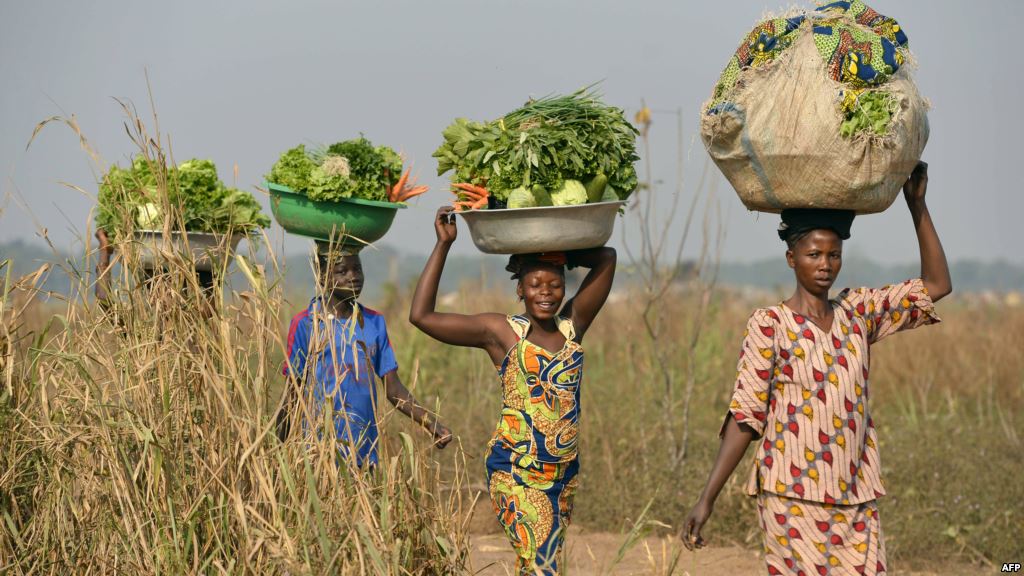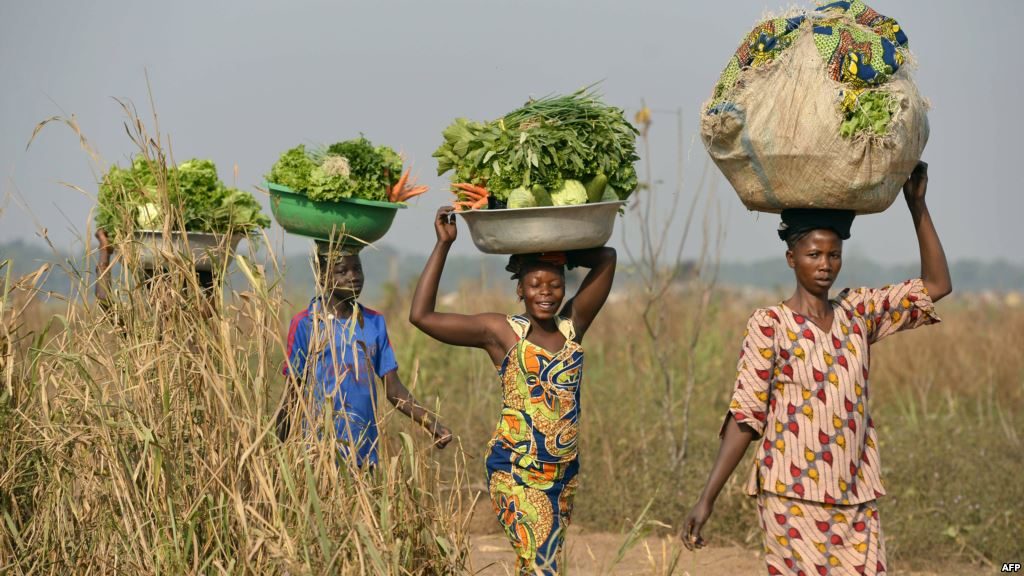Government has started distributing food aid to more than 200 000 households that are food insecure in the country. In an interview, Public Service, Labour and Social Welfare Deputy Minister Tapiwanashe Matangaidze said Government was distributing 11 000 tonnes of maize per month to support the households.
He said households in need of food aid were those that had their crops destroyed by floods when Cyclone Dineo ripped through the country early this year and those in areas that have perennially received low rainfall and are naturally prone to drought. Deputy Minister Matangaidze said Government was feeding the families from the proceeds from the bumper harvest the country received from the 2016/ 2017 cropping season.

“Government has started giving food to about 200 000 households that are still in need of food aid. We are giving them 11 000 tonnes of maize every month. It is important to note that the number of people in need of food aid in the country has dropped to close to a million from four million last year when the country grappled with an EL Nino-induced drought,” he said.
Deputy Minister Matangaidze said the significant drop in the number of people in need of food aid has been attributed to a bumper harvest in the 2016/ 2017 cropping season that was necessitated by Command Agriculture and Presidential Input Support Scheme that were complemented by above average rains. This year, the country produced in excess of two million tonnes of maize and Grain Marketing Board (GMB) is still collecting grain from farmers. Last year, 4,1 million people were in need of food aid.
The Southern African Development Committee (SADC) grappled with El Nino-induced drought after declaring the drought a disaster and is seeking $2,4 billion to help an estimate of about 40 million vulnerable people in the region fight hunger. El Nino resulted in widespread crop failures and poor harvests, with 9,3 million-tonne regional shortfall in cereal harvest production in Southern Africa.
The drought has also affected livestock with about 643 000 drought-related deaths reported in Botswana, Swaziland, South Africa, Namibia and Zimbabwe.

